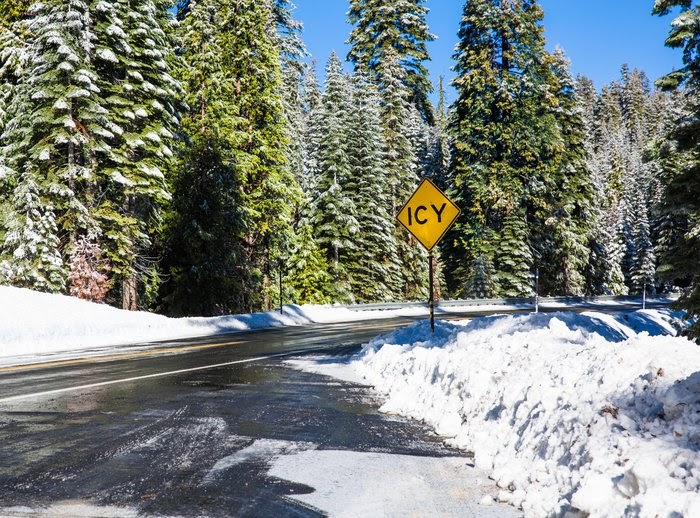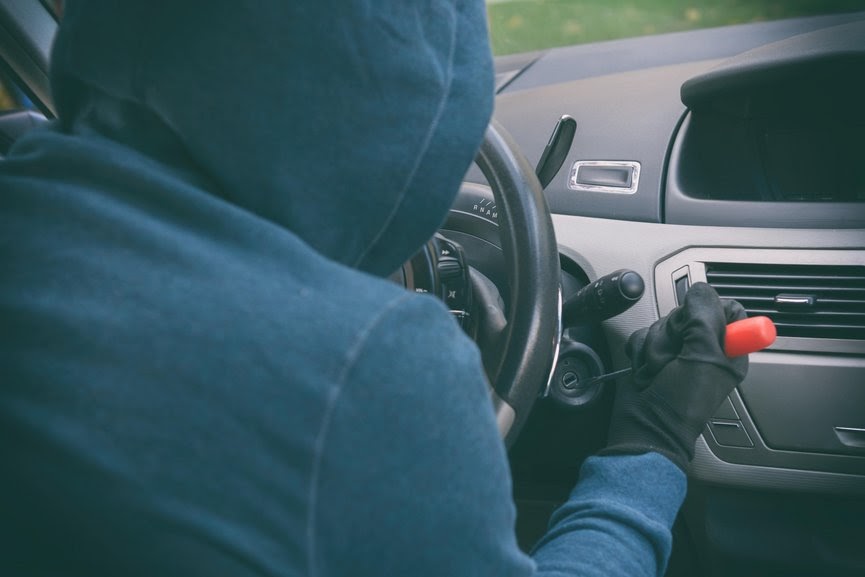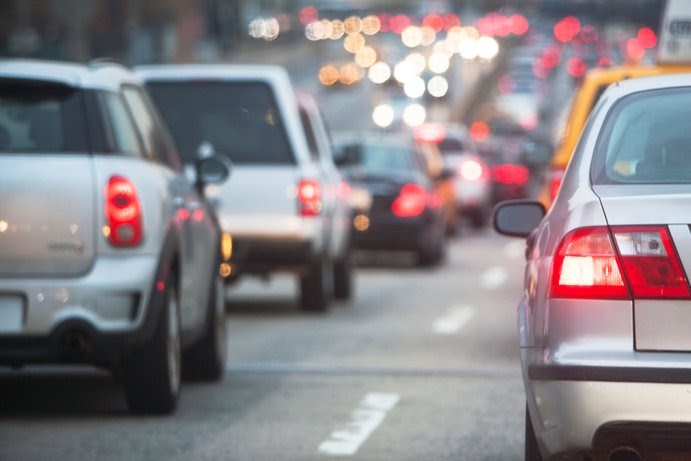States with the most snow-related driving fatalities
Travel has been severely impacted by COVID-19. As the holiday season approaches, those who do plan a trip will likely take to the roads rather than the air, in part, to avoid crowds of people. Even though traveling by car reduces contact with other people, it still comes with its own dangers, especially when driving in winter weather conditions such as snow and ice.
Despite a gradual recovery since late March, air travel still remains well below 2019 levels.


